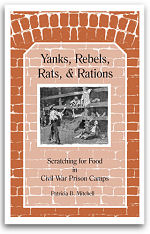


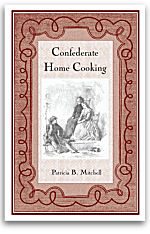

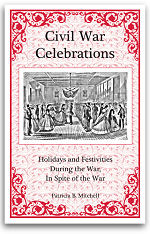
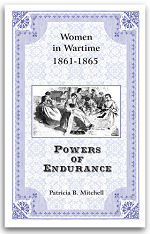

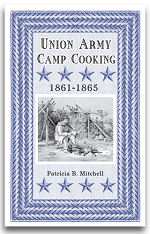



My dear Comrade;
Your request for some recollections and personal experiences of prison life during the Civil War (War Between the States) and something of my recollection of the immortal 600 Confederate officers who were placed under fire of our own guns shelling Morris Island, S.C., 1864, by order of Edwin M. Stanton, came duly.
I can only say in reply that I have carefully read your book, The Immortal 600, in which you have given our history from the time we left Fort Delaware, packed like sheep on the steamer Crescent, and landed on Morris Island. Your story of the wanton cruelty inflicted upon us on the prison ship at Morris Island, Hilton Head and Port Pulaski, I am willing to qualify, is true. I have never forgotten the cruel treatment, and add a personal experience of my purchase of a cat from one of the negro guards at Hilton Head to appease the wolf-Starvation, then with his head in my tent door.
One day one of the negro guards asked if there were any Caroline County, Virginia, men in our party. My comrade called me up to see the negro. I recognized him as a former slave belonging to my friend and neighbor, Mr. Will Lightfoot, of Port Royal. The darky was very polite and after some conversation he said, “'Deed, Marse Tom, wish I could help you, but de boss men dey watchin' close.” I said: “You can help us if you want to and no one will find you out.” “How's dat, Boss?” “Well,” I said,“I see over there at the officers quarters a large fat cat. I want you to get that cat, kill and dress it and bring it to me when you come on guard, and I will give you $5.” I knew, as our quarters were small, it would be impossible for me to kill and dress the cat without being caught by the guard officers, so I got the darky to do the work. A few days after this interview this negro was on guard, and sure enough he brought me the cat all ready for cooking, and I do tell you that cat was no kitten. It was not too large to boil in our old tin coffee boiler we had brought from Fort Delaware with us, and I want right here, comrade, to add my testimony to yours, that cat meat to starving men is a delicious delicacy. Yet I would not care for it now. Well, comrades McGrady, Akers, Rowlett, Captain Frazier and myself did enjoy that cat stew. I remember how our men would purchase rats from whose we could catch them, and I always envied the millionaires of our party who had green backs and could indulge in luxuries of dainty rat stews and fries. I expended my green back fortune, $5, on the cat purchase from the negro guard. People who read this letter, comrade, will no doubt say it is exaggeration, but God knows I tell the truth.
One day a yankee officer came into our prison. He was followed by a nice fat pointer dog. I offered him $15 in confederate money for his dog. “What in the name of goodness do you want with a dog in prison?” he asked me. I told him: “I wanted to eat him.” But he declined to sell me his dog.
I cannot believe the Washington authorities were responsible for our bad treatment and the inhumanity which was inflicted upon us. General Foster and old Hallowell, with his negroes, and Secretary Stanton deceived President Lincoln and the people of the north that they could do their cruel work to us without question. The only kind, humane man in the whole lot was Col. W.W. Brown of the 127th New York Volunteers. He had some heart; he had stood in line of battle with his men, they could feel for helpless prisoners of war. What a glorious lot of good fellows those 600 Confederate officers were, and when we come to consider the ordeal of starvation on the ration of ten ounces of rotten corn meal and one half pint of onion pickle without grease of any sort, each twenty four hours, it's just glorious that but eighteen of our men were mean and low enough to take the “Yallar Dorg,” the Oath of Allegiance. I always say, God bless the 582 men who stood pure until the end. We will forget the Stantons, Fosters, Hallowell and his [negroes].
Your comrade and friend,
Thomas C. Chandler
Capt. Co. K. 49th. Va., Vols.
C.S.A.
Copyright © 2006–2012 Patricia B. Mitchell.